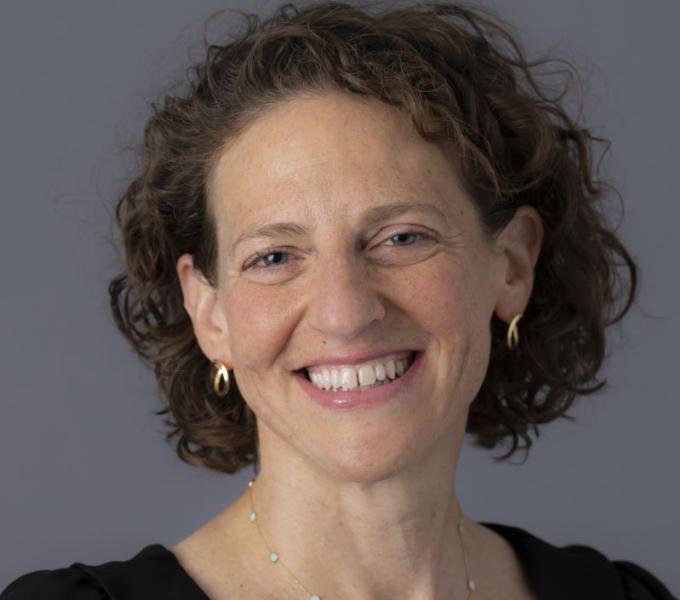Contact: Amy Flaugh, department research coordinator
Prior to my position at the University, I was a senior policy researcher at the RAND Corporation and a professor at the Pardee RAND Graduate School. Trained in social epidemiology, my research focuses on the role of place, or geography, and the health of marginalized and minoritized populations. My interests are also in understanding the health and nutrition effects of policy, including housing policy, food policy, and urban planning.
My more recent research has looked at neighborhood investments and assets, from new full-service supermarkets in food deserts to greenspace and parks, housing and the streetscape and its impact on resident health outcomes including diet, food security, sleep, cardiometabolic outcomes, and cognitive.
Design and Implementation of Natural Experiments
I have worked on research rooted in natural experiment research design, and neighborhood change for the past fourteen years.
- R01CA149105 Does a New Supermarket Improve Dietary Behaviors of Low-income African Americans?
- R01CA164137 Impact of Greenspace Improvement on Physical Activity in a Low Income Community
- R01HL122460 Neighborhood Change: Impact on Sleep and Obesity-Related Health Disparities [Multiple PI with Dr. Wendy Troxel]
- R01CA149105 Urban Revitalization and Long-Term Effects on Diet, Economic, and Health Outcomes
- R01AG072652 Longitudinal Examination of Neighborhood Disadvantage, Cognitive Aging, and Alzheimer’s Disease Risk in Disinvested, African American Neighborhoods
Natural experiments present a challenge with respect to gathering appropriate baseline data prior to change, acquiring large and random samples, and measurement. I have substantial experience with implementation of robust research within the context of naturally occurring neighborhood-level intervention. Implementing rigorous methodology within ‘real-life’ settings is an acquired skill and my methodological strengths and expertise sets a strong foundation for the proposed research.
Community-based Research and Health Disparities
My interests and investment to understanding the role of “place,” or social and environmental context on health began far before my scientific training, as my parents immigrated from Cape Town, South Africa to a small coal-mining town in Pennsylvania, where I was raised. This early exposure to the context of opportunity formed the foundation for my undergraduate training in urban studies and anthropology. After my undergraduate training, 2 ½ years in Burkina Faso, West Africa, with the Peace Corps further reinforced the geography of opportunity and health outcomes. My doctoral training is in social epidemiology, with concentrations in maternal and child health and public health nutrition, allowed me to learn to quantify the role of neighborhoods or ‘place,’ in shaping health and health behaviors, especially related to obesity and obesity-related behaviors (e.g., dietary intake, food purchasing behaviors, engagement in active transport, physical activity obesity). With this experience, I have developed skills and expertise to understand what it takes to engage with communities and their residents; in understanding how to define and measure health disparities; and in quantifying and analyzing data.
Complete list of published work:
1996 University of Pennsylvania, BA Anthropology/Urban Studies
2000 University of Pennsylvania, MSc Anthropology
2001 Harvard School of Public Health, SM, Maternal and Child Health
2005 Harvard School of Public Health, ScD Social Epidemiology/Public Health Nutrition
